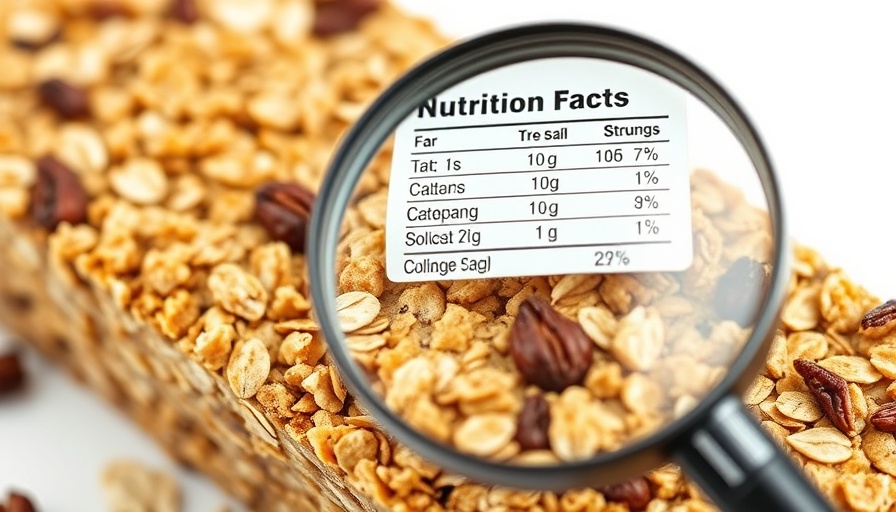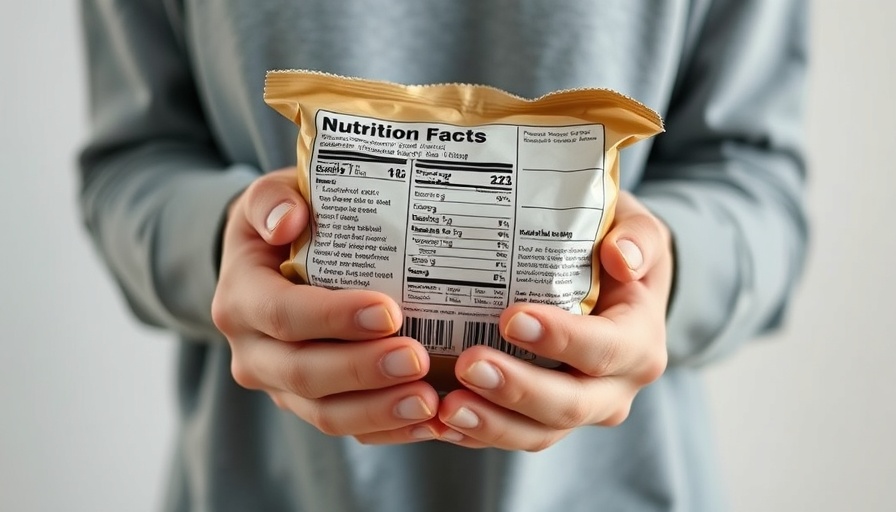
Understanding Protein: The Vital Building Block of Life
In today’s health-centric discussions, protein often takes center stage, touted as a magic ingredient for everything from muscle gain to weight loss. But how well do we understand this essential macronutrient? Let’s dive deeper into the world of protein and unravel its significance in our daily lives.
What Is Protein and Why Is It Essential?
Protein is more than just another health trend; it’s a crucial component for our body. It’s categorized as a macronutrient, along with fats and carbohydrates, and serves a multitude of functions crucial for survival. Made up of amino acids, proteins play a leading role in the structure of our cells, tissues, and organs.
There are 20 different amino acids, nine of which are essential and must be consumed through our diet. While animal sources like eggs, fish, and meat provide complete proteins—containing all essential amino acids—many plant-based options, such as beans and lentils, require careful combination to ensure a balanced intake.
Protein's Multifaceted Role in Your Body
While protein is widely recognized for muscle building, its benefits stretch far beyond the gym. Understanding three major functions of protein can help us appreciate its role in our health:
Cellular Repair and Growth: Every cell in our body relies on protein for upkeep. Whether it's ever-present daily wear and tear or recovery from workouts, protein is vital in repairing damaged tissues, including muscle fibers. Think of it as a maintenance crew for your body!
Enzymatic and Hormonal Functions: Proteins act as enzymes, speeding up biochemical reactions that are essential for digestion, energy production, and even cellular communication. Enzymes are integral to how our body operates, completing vital tasks that keep us healthy and energetic.
Supports Immune Function: Without adequate protein, our immune responses can weaken, leaving us vulnerable to illnesses. Proteins are instrumental in creating antibodies and other immune-triggering agents that defend our body from threats.
Common Myths and Misconceptions About Protein
It’s easy to get lost in the myriad of opinions surrounding protein. A few common misconceptions include:
All Protein Is Equal: Not all protein sources are created equal. Animal proteins are often complete, while many plant-based proteins may lack one or more essential amino acids.
Protein Equals Muscle Gain: While protein is essential for muscle building, it’s not the exclusive factor. Adequate exercise and a balanced diet play significant roles as well.
High Protein Diets Are Dangerous: Many people fear high protein diets, associating them with kidney issues. However, for healthy individuals, higher protein intake can fuel athletic performance and aid in weight management.
Practical Tips for Increasing Protein in Your Diet
If you’re looking to enhance your protein intake, here are some practical tips:
Diversify Your Sources: Incorporate both animal and plant proteins to ensure a balance of essential amino acids.
Utilize Supplements Wisely: Protein powders can help fill gaps for those with increased protein needs, such as athletes, but they shouldn’t replace whole food sources.
Incorporate High-Protein Snacks: Opting for snacks like Greek yogurt, nuts, or hummus with veggies can keep your protein levels steady throughout the day.
Final Thoughts: Embracing a Protein-Rich Lifestyle
Understanding the vital role protein plays in our health can empower us to make informed dietary choices. Whether you're an athlete or someone focused on overall wellness, a balanced intake of protein is key to realizing your health goals. So, as you plan your meals, remember the importance of protein and give your body the building blocks it needs to thrive!
Curious to learn more about optimizing your nutrition? Keep exploring credible resources about health and wellness, and don’t hesitate to consult with a nutritionist for personalized guidance.
 Add Row
Add Row  Add
Add 




 Add Row
Add Row  Add
Add 

Write A Comment